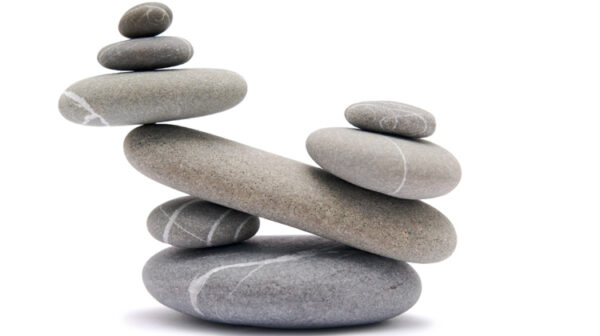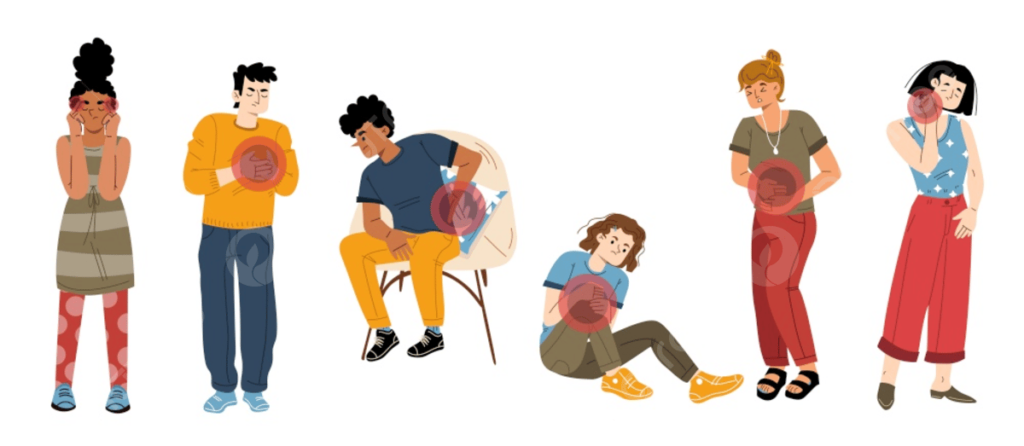What Is Yin-Yang Balance?
Yin and Yang are core principles in Chinese medicine and acupuncture, representing opposing yet complementary forces that maintain health and harmony. When these forces become unbalanced, alternative medicine acupuncture can help restore the body’s natural equilibrium.
Everything in nature, including our bodies, can be categorized into Yin and Yang:
- Yin: Cooling, nurturing, passive energy
- Yang: Warming, active, dynamic energy
Let’s explore how these energies influence health


Understanding Yin in the Body
Yin represents the passive, cooling, and restorative functions of the body.
Yin’s Role in Health:
- Supports sleep, hydration, and recovery
- Governs body fluids, blood, and organ nourishment
- Maintains calmness and inner stability
Signs of Yin Deficiency:
❌ Dry skin, insomnia, agitation, excessive thirst
❌ Feeling overheated, restless, or hyperactive
Understanding Yang in the Body
Yang represents the active, warming, and energetic aspects of life.
Yang’s Role in Health:
- Powers metabolism, circulation, and movement of Qi (vital energy)
- Generates heat, energy, and immune function
- Supports digestion and physical endurance
Signs of Yang Deficiency:
❌ Cold hands and feet, fatigue, sluggish digestion
❌ Diarrhea, bloating, water retention (edema)


What Causes Yin-Yang Imbalance?
Many factors can disrupt the balance of Yin and Yang, leading to health issues.
1. Environmental Factors
🌿 Extreme weather changes (cold, heat, humidity)
🌿 Seasonal shifts affecting energy flow
2. Emotional Stress & Mental Health
🧠 Anger weakens the Liver energy system
🧠 Stress affects digestion and sleep patterns
3. Lifestyle Choices
🏃 Overworking, lack of rest, poor sleep habits
🍔 Unbalanced diet, excessive cold or hot foods
🩹 Injuries, chronic conditions, parasites
Acupuncture, particularly Balance Acupuncture in alternative medicine, can target these root causes and restore health naturally.
How Yin-Yang Imbalances Affect the Body
When Yin and Yang are unbalanced, symptoms may appear gradually:
- Feeling hot on one side of the body, cold on the other
- Experiencing insomnia with cold feet or digestive discomfort
- Feeling internally cold but having warm skin
- Wheezing, bloating, or lower-body swelling (edema)
Left untreated, these imbalances may worsen over time, eventually leading to chronic conditions.

